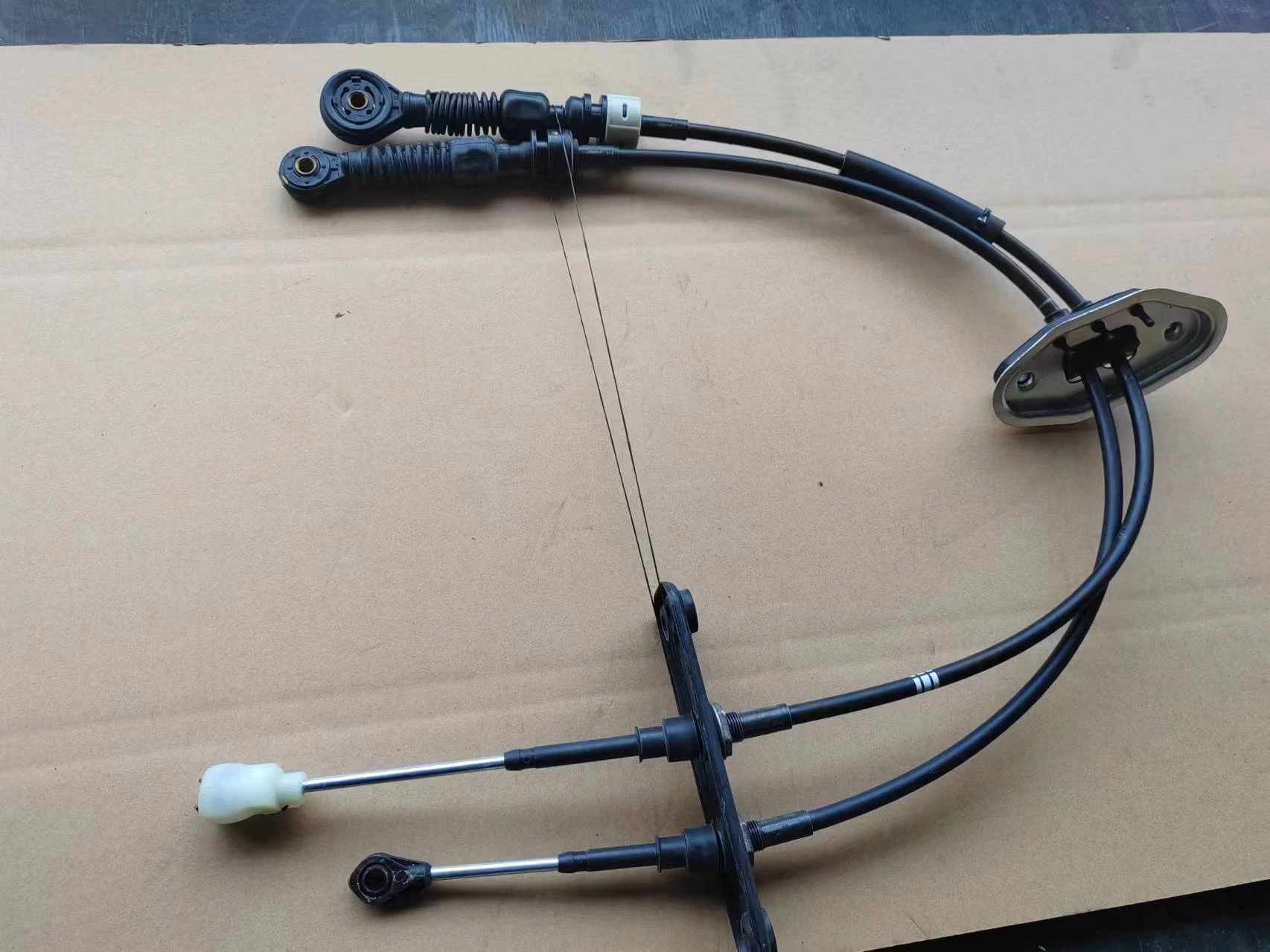Cost Analysis of Handbrake Cable Replacement for Vehicles
Understanding Handbrake Cable Costs A Comprehensive Guide
The handbrake, or parking brake, is a crucial component in any vehicle, ensuring that it stays stationary when parked. Over time, the handbrake cable may wear out or become damaged due to various factors such as regular use, environmental conditions, and improper maintenance. When this occurs, it becomes essential to replace the handbrake cable to maintain optimal vehicle safety and functionality. One primary concern for many car owners is the cost associated with replacing a handbrake cable. In this article, we will delve into the various aspects that influence handbrake cable costs and provide insights to help you make informed decisions.
Factors Influencing Handbrake Cable Costs
1. Vehicle Make and Model One of the most significant factors affecting the cost of a handbrake cable is the make and model of your vehicle. Different vehicles have varying specifications and parts requirements, which can affect the cable's availability and price. For instance, high-end or luxury vehicles often have more expensive parts due to their intricate designs and specialized manufacturing processes.
2. Aftermarket vs. OEM Parts Another critical consideration is whether you choose an Original Equipment Manufacturer (OEM) part or an aftermarket part. OEM parts are made by the vehicle manufacturer and are typically more expensive, but they offer the guarantee of quality and compatibility. Aftermarket parts may be more affordable and offer a wider range of options, but the quality can vary significantly. It is essential to research and ensure that any aftermarket part you consider is reputable and reliable.
3. Labor Costs The cost of replacing a handbrake cable doesn't solely include the price of the part itself; labor costs also play a significant role. Mechanics charge different rates based on their expertise, location, and the complexity of the job. Depending on where you live and the automotive shop you choose, labor costs can vary widely, influencing the total expense of the repair.
4. Diagnostic Fees In some cases, the issue might not solely be with the handbrake cable. Mechanics may need to perform diagnostics to determine if there are additional problems impacting the handbrake's functionality. This additional service can result in increased costs, so it's vital to ask about potential diagnostic fees when seeking repairs.
handbrake cable cost

5. Geographical Location Costs can also vary by geographical location. Urban areas with a higher cost of living often have increased labor costs. Conversely, rural areas might offer lower rates. Additionally, parts availability can differ by location, affecting overall expenses.
Average Cost Estimates
To give a rough estimate, the cost of a handbrake cable replacement can range from $100 to $350, depending on the factors mentioned above. On average, the parts themselves may cost between $30 to $150, while labor costs can add another $70 to $200. It’s always prudent to get quotes from multiple mechanics or repair shops to find the best deal available in your area.
Importance of Regular Maintenance
While it’s inevitable that parts will wear out over time, regular maintenance can help extend the lifespan of your vehicle's handbrake cable. Routine inspections can identify early signs of wear, preventing more significant issues down the road. This proactive approach not only enhances safety but also can lead to cost savings in the long run by avoiding unexpected repairs.
Conclusion
Replacing a handbrake cable is an essential maintenance task that shouldn’t be overlooked. Understanding the factors that influence costs can help you budget effectively and make informed choices about repairs. Whether you opt for OEM or aftermarket parts, it’s vital to prioritize quality and reliability. By maintaining your vehicle regularly and addressing issues promptly, you can ensure a safe and smooth driving experience. Always consult a trusted mechanic to get a precise estimate tailored to your vehicle's specific needs.
-
Workings of Clutch Pipe and Hose SystemsNewsJun.04,2025
-
The Inner Workings of Hand Brake Cable SystemsNewsJun.04,2025
-
The Secrets of Throttle and Accelerator CablesNewsJun.04,2025
-
The Hidden Lifeline of Your Transmission Gear Shift CablesNewsJun.04,2025
-
Demystifying Gear Cables and Shift LinkagesNewsJun.04,2025
-
Decoding Clutch Line Systems A Comprehensive GuideNewsJun.04,2025
